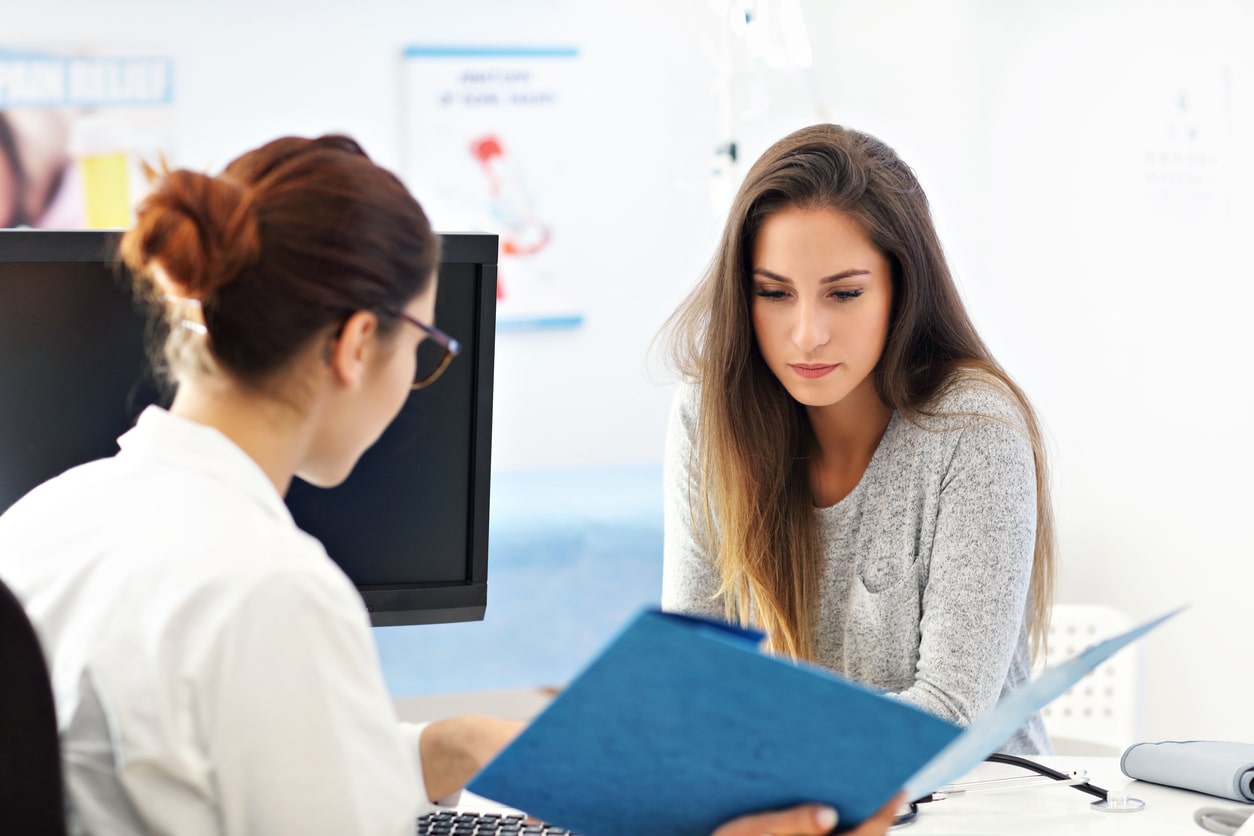Table of contents
If you’ve been diagnosed with endometriosis, you may wonder what your next steps should be. Here’s a quick overview of some things you can do after receiving a diagnosis of endometriosis.
Educate Yourself About Endometriosis
One of the best things you can do after an endometriosis diagnosis is to educate yourself about the condition. Knowledge will help you better understand your symptoms and give you an idea of available treatments. You can also ask questions about your diagnosis to your doctor or another healthcare provider.
Find an Endometriosis Doctor
When treating and managing endometriosis, all doctors are not the same. If you have or suspect you might have endometriosis, you should never just walk into the office of a random obstetrics/gynecology (OB-GYN) surgeon.
However, it can be tricky to find an endometriosis specialist who is highly skilled and follows the best treatment practices for this disorder. To learn more about endometriosis, read this article that introduces the condition, signs and symptoms, causes, complications, and treatments.
With so many myths about endometriosis (endo) – it’s essential to separate facts from fiction. Arm yourself with research and a solid foundation of knowledge to help you simplify the process and to get in touch with a trusted endo expert. Please keep reading to find out why using an endo expert is important, red flags your doctor/surgeon is not the right fit, and how to find an endometriosis specialist near you.
Talk to Your Doctor About Endometriosis Treatment Options
There is no cure for endometriosis, but there are treatments that can help lessen your symptoms and improve your quality of life. Some common treatments for endometriosis include excision surgery, medications for symptom management, and lifestyle changes. Talk to your doctor about which treatment or combination of options may be right for you.
Make Lifestyle Changes
Specific lifestyle changes can help lessen the symptoms of endometriosis. These include regular exercise, managing stress, and eating a healthy diet rich in fruits, vegetables, whole grains, and lean protein. Making these changes can help improve your overall health and well-being.
Join a Support Group
It can be helpful to talk to other women dealing with endometriosis. There are many online and in-person support groups available for women with endometriosis. Joining one of these groups can help you feel less alone and provide you with valuable information and support from others who understand what you’re going through.
If you’ve been diagnosed with endometriosis, you’re not alone. And there are things you can do to manage your symptoms and improve your quality of life. Educate yourself about the condition, talk to your doctor about treatment options, make lifestyle changes, and join a support group if possible. These steps will help you better cope with your diagnosis and live a fuller life despite having endometriosis.




